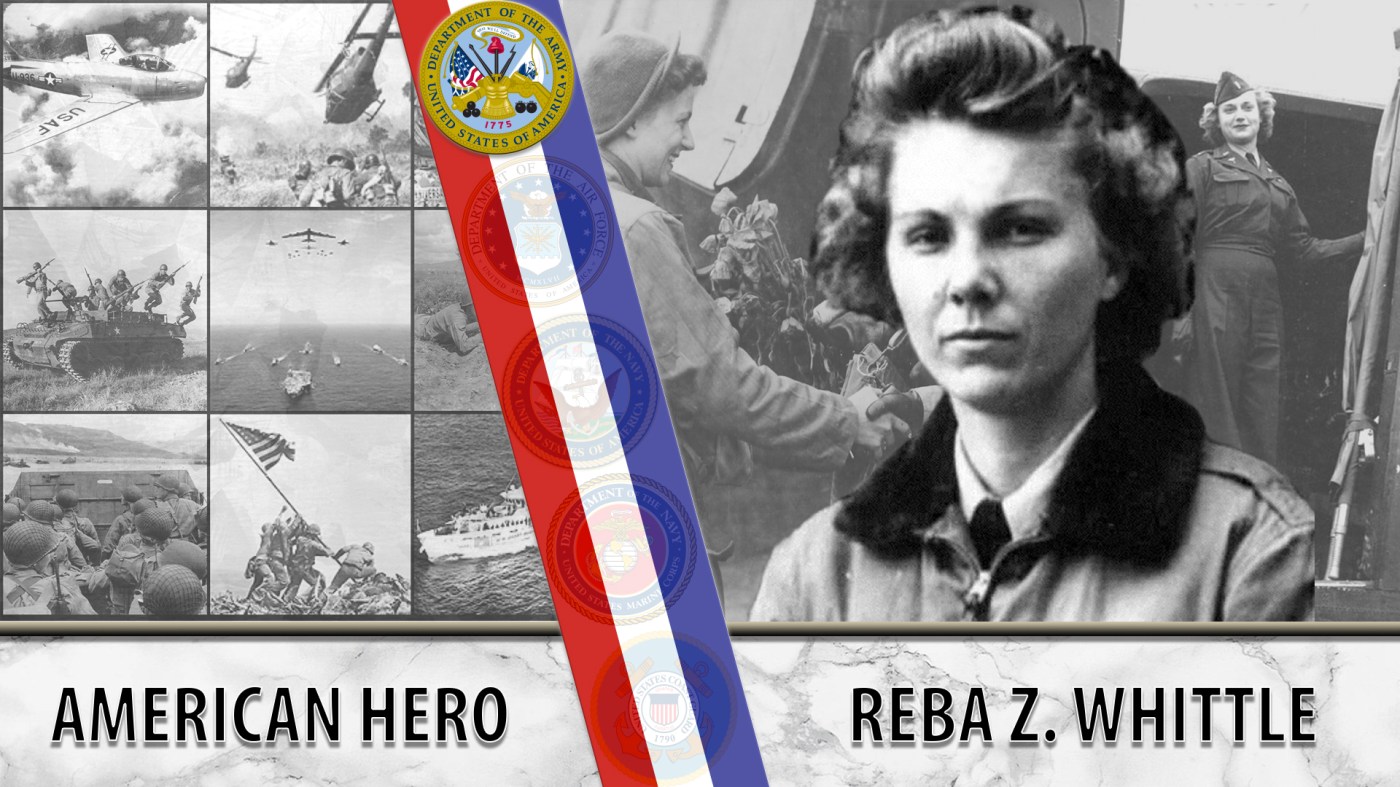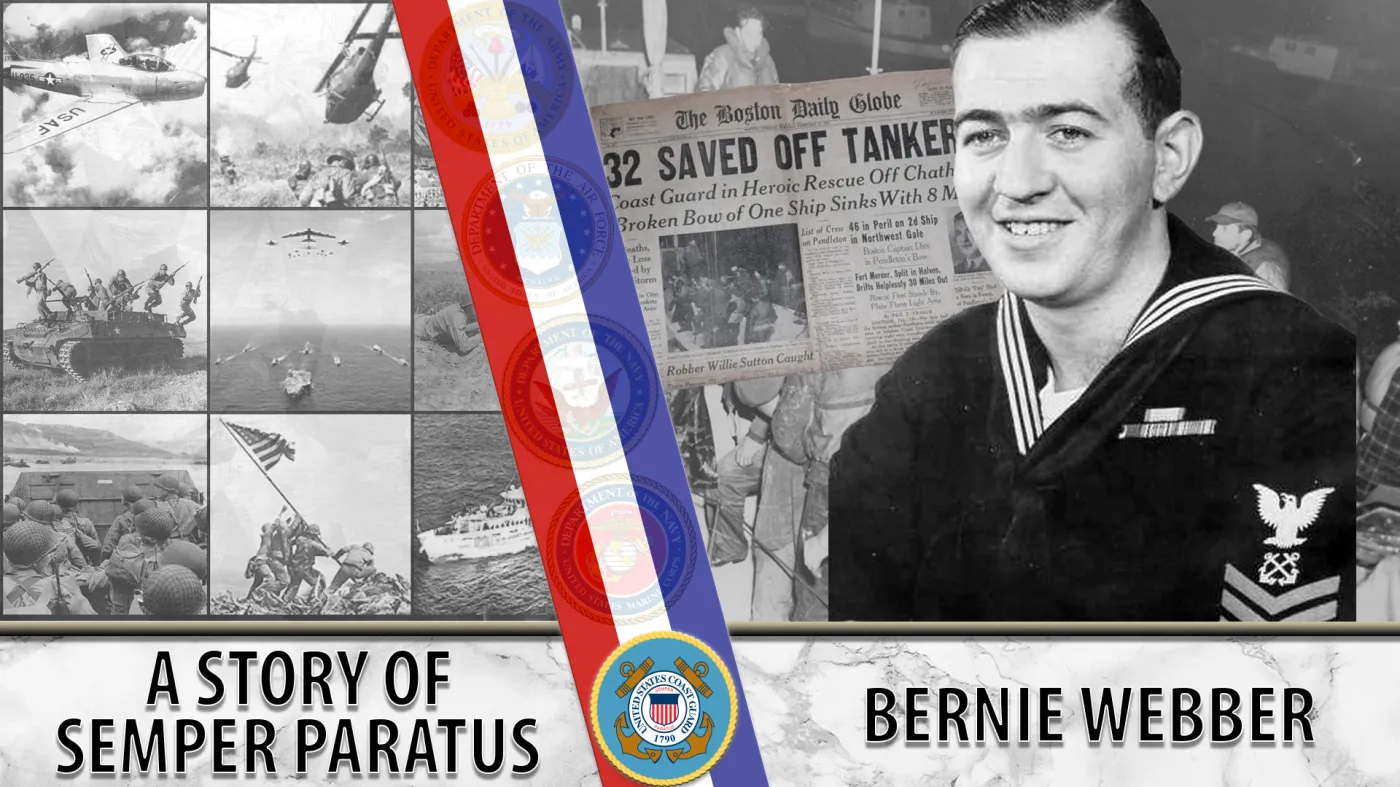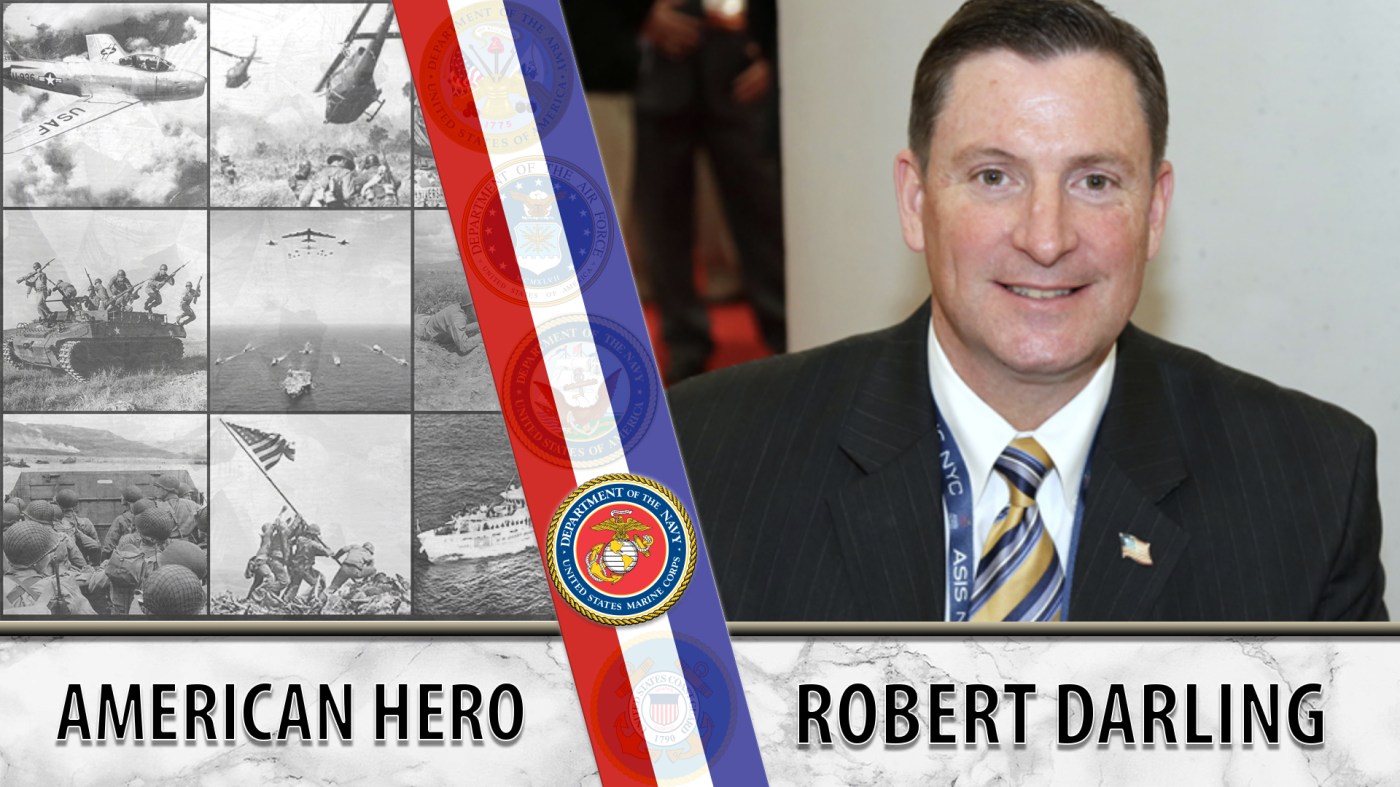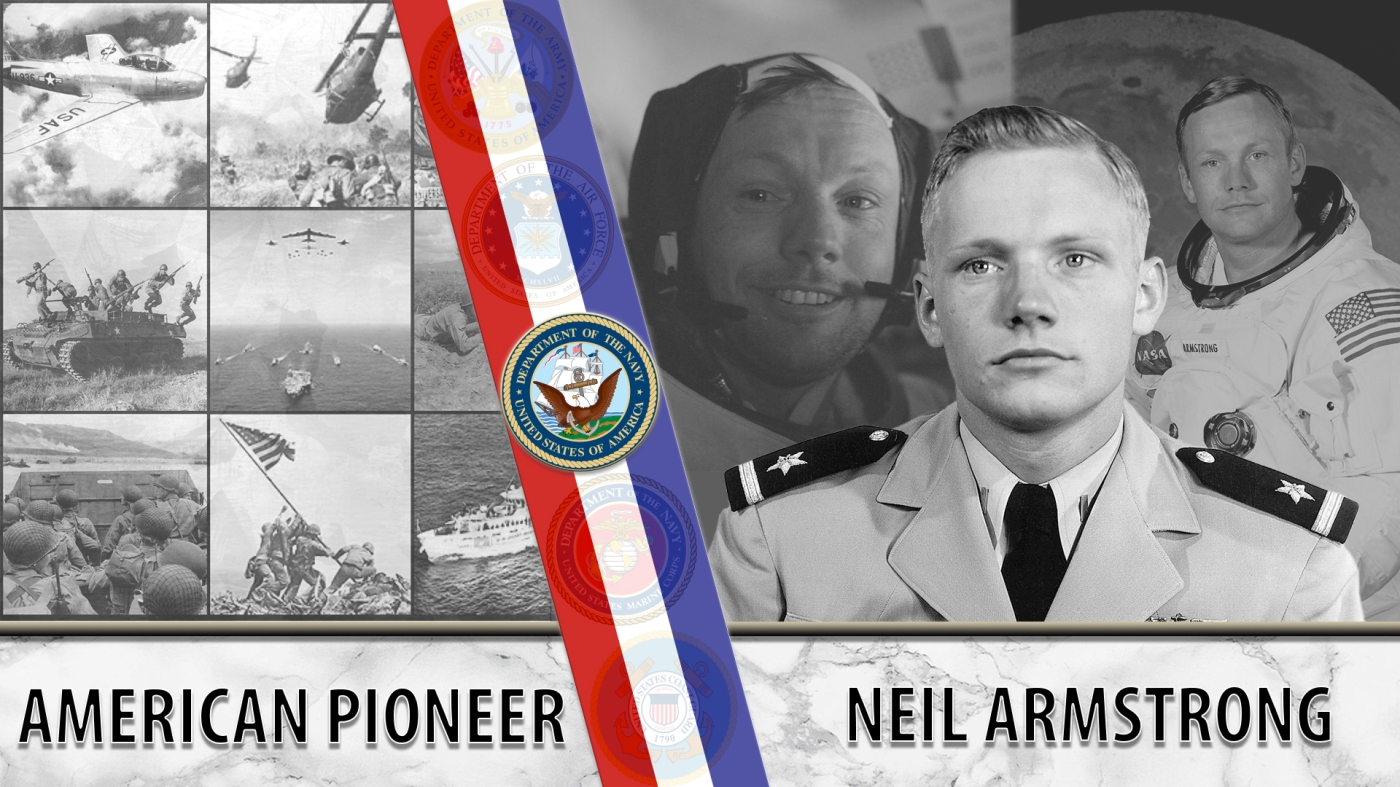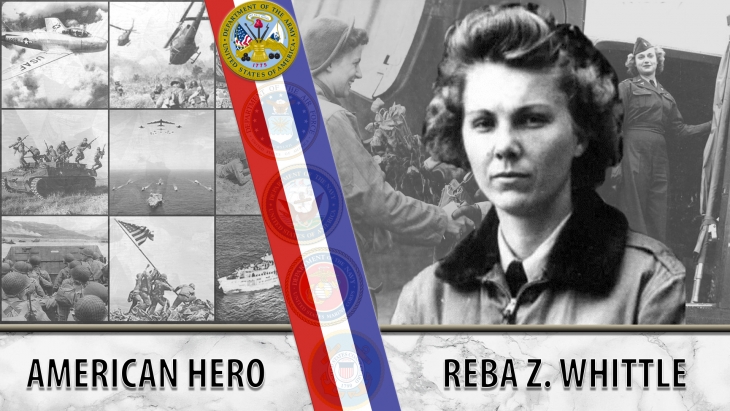
During World War II, Reba Z. Whittle served in the United States Army Nurse Corps. After the aircraft she was aboard was shot down in September 1944, she became the first American female military prisoner of war in the European Theater.
In August 1919, Reba Z. Whittle was born in Rock Springs, Texas. She studied at the University of North Texas before attending the Medical and Surgical Memorial Hospital School of Nursing in San Antonio, Texas. Upon graduating nursing school, she applied for an appointment as a reserve nurse. In June 1941, she joined the Army Nurse Corps at Fort Sam Houston, Texas.
After achieving the rank of second lieutenant, Whittle served as a general duty ward nurse in the Kirtland Air Force Base station hospital in Albuquerque, New Mexico. Later, she transferred to Mather Field in Sacramento, California.
The Army Air Forces School of Air Evacuation approved Whittle as a flight nurse in August 1943. In September of that year, she started classes at Bowman Field High School in Bowman Field, Kentucky, for a six-week course intended to prepare nurses to be mostly self-sufficient during a flight. They were trained to handle discomfort, bleeding and shock for their patients in the absence of a physician.
Whittle graduated with distinction in November 1943. In January 1944, she boarded the Royal Mail Ship Queen Mary with 25 other flight nurses from the 813th Emergency Air Evacuation Transport Squadron to travel to England. The squadron first deployed to the Royal Air Force (RAF) Balderton in Nottinghamshire and then to RAF Grove in Oxfordshire.
Whittle flew 40 missions between January and September 1944, logging over 500 hours of flight time.
In September 1944, she set out from England on a mission to collect casualties from St. Trond, Belgium’s Advanced Landing Ground A-92. However, her C-47 aircraft was struck by German flak and crashed south of Aachen, Germany. Her surgical technician and one of the pilots were wounded in the crash, and the other pilot was killed. Whittle sustained multiple injuries, including a concussion and lacerations on her face and back. German soldiers captured the crew as they crawled from the burning wreckage.
The crew members were taken as prisoners of war (POWs) to Auswertestelle West – also known as the Evaluation Office West – which was the main Luftwaffe interrogation center in Oberursel, Germany. Whittle was separated from the rest of her crew and transferred to Hohemark Hospital, which was part of Auswertestelle West. She was tasked with providing emergency medical assistance to injured prisoners.
In October 1944, Whittle was assigned to Reserve Lazarett IX-C(a) at Obermassfeld, Germany. As part of Stalag IX-C, the field hospital was operated by British medical personnel for Allied POWs. Whittle was soon relocated to IX-C(b), a POW hospital in Meiningen, Germany, where she worked with burn victims and in an amputee rehabilitation facility.
Representatives of the International Committee of the Red Cross notified the U.S. Department of State that Whittle was being held as a POW and negotiations for her release began. Accompanied by members of the German Red Cross, she was released in January 1945 and transported to Switzerland by train with other POWs released for medical or psychiatric purposes. She was then repatriated along with 109 other American POWs before she flew back to the United States.
In February 1945, Whittle was awarded the Purple Heart for her injuries sustained in the collision, as well as the Air Medal. Her citation reads, “For meritorious achievement while participating in aerial flights… in unarmed and unarmored aircraft.”
Whittle was promoted to first lieutenant and was stationed at the Army Air Forces (AAF) Redistribution Station in Miami Beach, Florida, where medical examiners revoked her traveling privileges due to recurring headaches following an examination. Starting in June 1945, Whittle worked for one year as a ward nurse at the AAF Regional and then at the Air Debarkation Hospital in Hamilton Field, California.
In August 1945, Whittle married Lt. Col. Stanley W. Tobiason at Hamilton Field in Dover, New Jersey. She and Tobiason had two sons, one of whom became a naval aviator and served in Vietnam.
Whittle was discharged from active duty in January 1946 for medical reasons.
In January 1981, Whittle died from cancer.
Tobiason sought to gain Whittle an official POW status. In September 1983, she was recognized for her repatriation following a prisoner exchange.
We honor her service.
Writers: Adrienne Brookstein, Katherine Berman
Editors: Lutfia Khaleque, Erica MacSweeney, Katherine Adams
Fact Checkers: Michael Macias, Latesha Thornhill
Graphic Designer: Roni Ruadap
Topics in this story
More Stories
Bernie Webber led one of the greatest Coast Guard rescues in history that was later chronicled in the book and movie, “The Finest Hours.”
As the events of 9/11 unfolded, Marine Veteran Robert Darling served as a liaison between the Pentagon and Vice President Dick Cheney in the underground bunker at the White House.
NASA astronaut Neil Armstrong was the first person to walk on the moon. He was also a seasoned Naval aviator.

